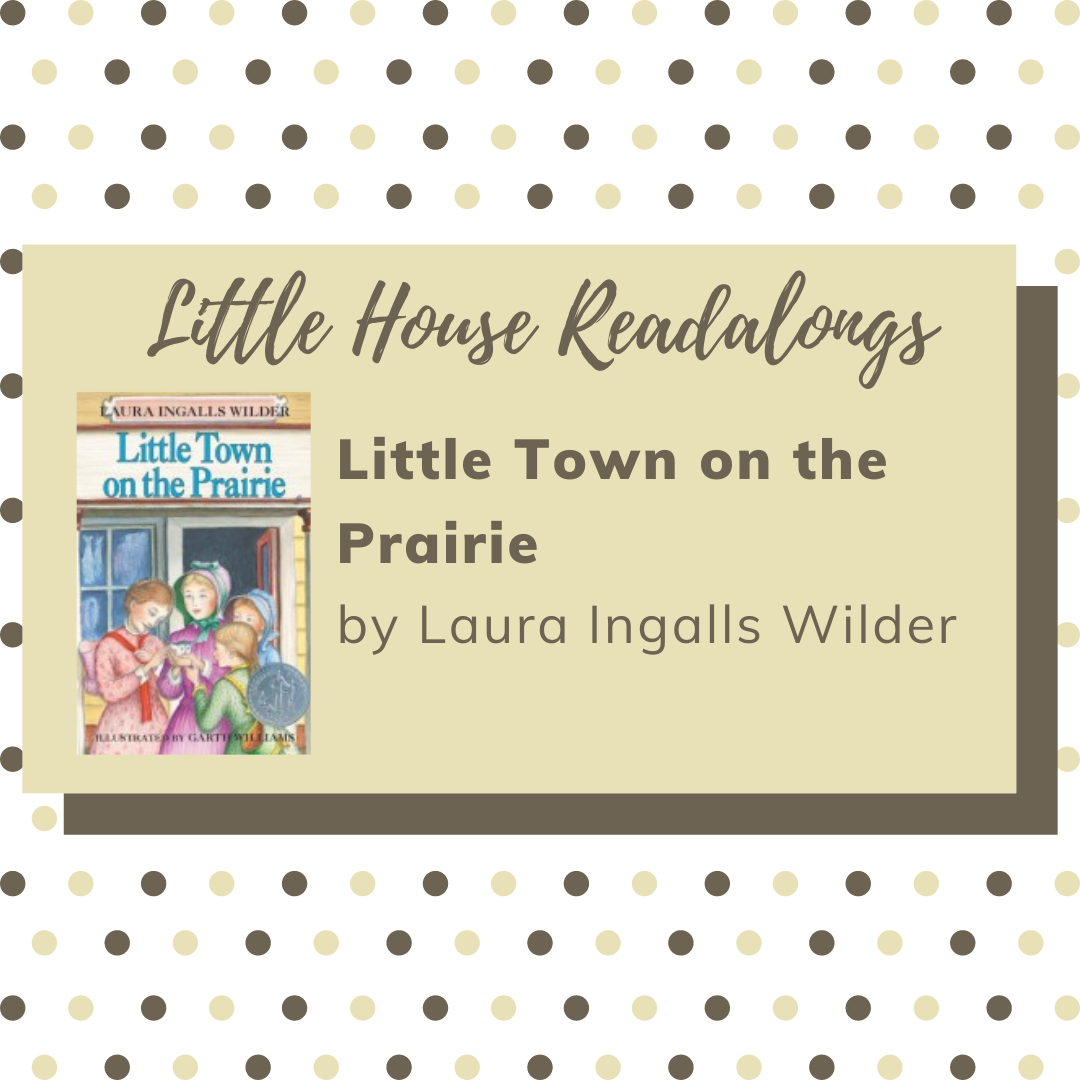
Guest post by Janet Sahni
This is a serene and happy chapter with everything falling into place.
Everywhere there is a theme of growth: town is growing so Pa is working there as a carpenter, the planted fields and garden are growing, the calf is weaned, even the kitty was big enough to catch her first mouse. Throughout it all is the idea that if you put in the time and the work, you will reap the benefits. Nowhere is this more evident than when they learn that Mrs. Boast is setting a hen for them. This generous gesture will save the Ingalls family a year in setting a flock. In our time of immediate gratification, where everything and anything you want can be googled and bought, it’s humbling to think about the years that are needed in order for the Ingalls to become mostly self-sufficient.
The only thing they can’t provide for themselves is getting Mary to college. Laura thinks about this as she hoes the garden and realizes she’ll have to push herself out her comfort zone by becoming a teacher. “Laura did not want to, but now she must” Such a succinct attitude that we could all benefit from when facing things we don’t want to do.
The chapter ends with with a contented, happy scene: “The day was ending in perfect satisfaction. They were all there together. All the work, except the supper dishes, was done until tomorrow. They were all enjoying good bread and butter, fried potatoes, cottage cheese, and lettuce leaves sprinkled with vinegar and sugar.” In contrast to that long winter with never ending cold, never ending struggle, and never ending hunger, how heavenly it must have felt to able to sit with full stomachs and have the door opened to the gentle prairie air. Laura even reflects on how wonderful it is that tomorrow will be just like today, setting the stage, of course, for the next big change in Laura’s life: working in town.
A scene I’ve always loved in this chapter: Grace (as any little sister can relate to) being unfairly blamed for tormenting the kitty!
One thing that always strikes me is Laura reflecting that Grace had never roasted a pig’s tail. For us, the difference between our existence and that of the Ingalls’ is glaring, but how interesting to think that even in Laura’s own lifetime, she was aware of how her own childhood differed so greatly from even her little sisters.

Comments5
What I love most about this chapter, and all throughout the series, is that it takes so little to make the Ingalls family happy. They are content to be together and to have bread, potatoes, and lettuce to eat. In fact, they’re feeling blessed to have such riches. It really shows just how bad things must have been during the winter.
This always struck me too; yet when you think about it, they had bread, potatoes – and even some butter – for most of the long winter. Only the lettuce and cottage cheese is additional. I guess it’s just the knowing that there’s plenty there, and even more to come, that makes the greatest difference in the attitude toward it.
I agree. It seems like these first few chapters are in such stark contrast to the winter before. Laura must have felt such freedom to be able to be outside and to have a variety of things to eat. Or anything to eat at all!
Re-reading these read-along chapters reminds me of something that has often struck me — the timeline of these early chapters.
Everything happens breathtakingly quickly. “The Long Winter” ends at the beginning of May. Everything in these first few chapters of “Little Town” (moving back to the claim, Pa plowing and planting, finishing the house, buying the cat, the cat growing enough to be able to the battle the mouse, the calf being born and taught to drink … and the garden growing enough for the family to already be eating lettuce leaves) seems to happen in 2-3 weeks. Because by the end of May Laura is working in town, and before July 4th she’s already put in her 6 weeks.
What I love about Laura’s food descriptions is how she makes simple dishes and ingredients sound appealing.
We just have a glass of milk, quickly drunk up, she tells about “the cold, sweet milk from the cellar” (in Plum Creek) etc.
Comments are closed.